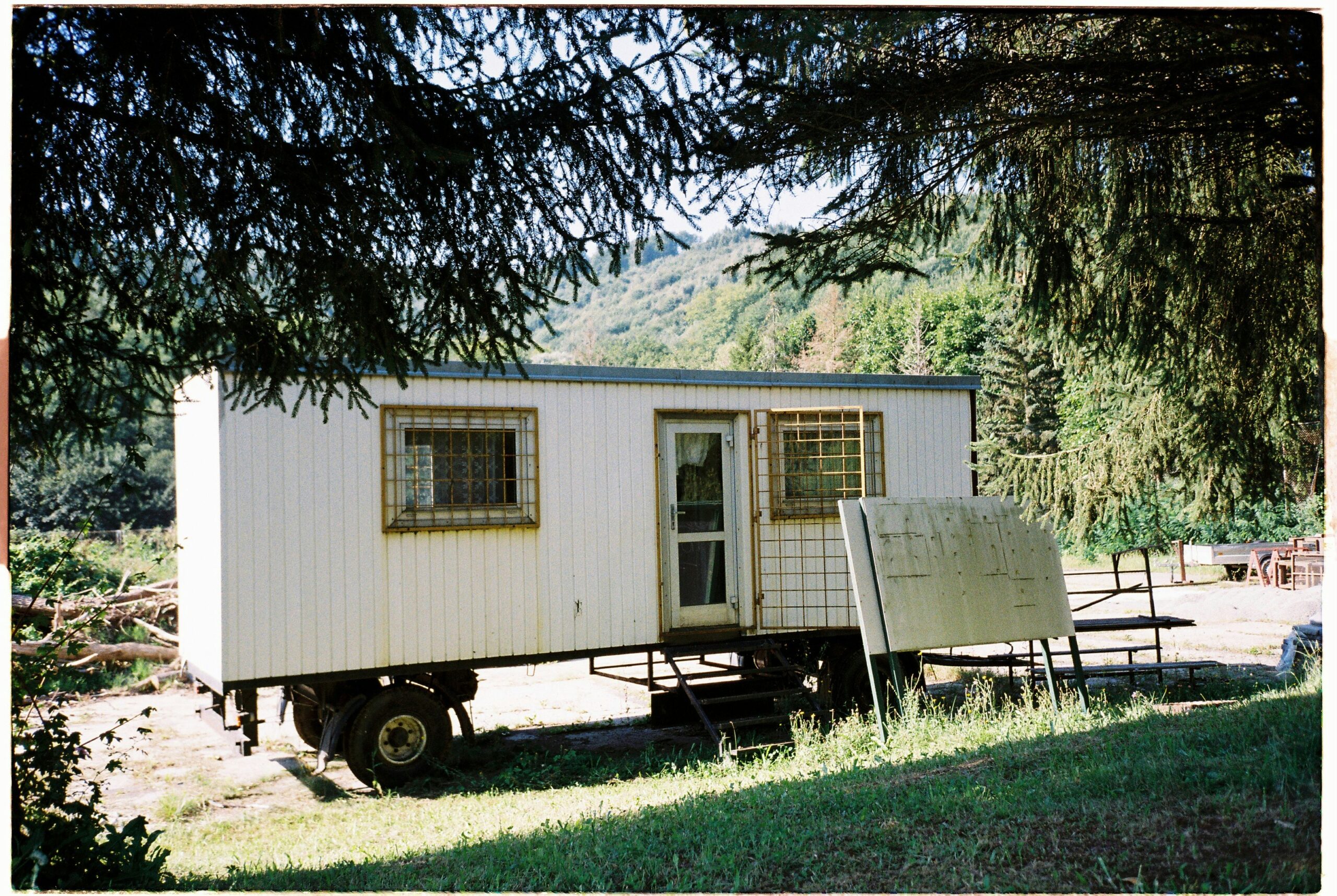Mobile Home Park Investing for Beginners
If you’re new to real estate investing and think everything is out of reach, think again. Mobile home investing is one of the most affordable and overlooked ways to get started.
No huge down payments, no granite countertops to remodel, just smart cash flow potential and a path toward real financial freedom.
Let’s walk through what mobile home investing is, how it works, and why more investors are finally paying attention.
Want to see real numbers, real returns, and the exact strategy behind mobile home investing?
👉 Watch the full video here before diving into the article.
Don’t Miss Any Updates. Each week I’ll send you advice on how to reach financial independence with passive income from real estate.
Sign up for my newsletterWhat Is Mobile Home Investing?
Mobile home investing means buying, renting, or flipping mobile or manufactured homes to make money. These homes are usually placed in mobile home parks, where the land is rented from a park owner.
You can earn income from renting out the homes, selling them, or even just renting the lot underneath if the tenant owns the home.
Related: What Is Lot Rent? A Guide to Mobile Home Parks
It’s different from buying a traditional house. The costs are lower, the risks are different, and the returns can be solid, especially for beginners.
Mobile Homes vs. Manufactured Homes
People use these terms interchangeably, but there’s a difference. Homes built before 1976 are called mobile homes. After that, the government introduced new building codes, and homes made after are considered manufactured homes.
From an investment standpoint, newer is better. Manufactured homes are easier to insure, finance, and maintain. Older homes may be cheaper, but they often come with more repairs and lower resale value.
Why More Investors Are Paying Attention
As home prices continue to rise, affordable housing is becoming a huge issue. That’s where mobile homes shine. They offer:
-
Lower entry costs
-
Consistent rental demand
-
Fewer maintenance issues (especially if tenants own the home)
During economic downturns, people look for cheaper living options. Mobile homes are often that option, which means demand stays strong even in a tough market.
Understanding Mobile Home Parks
Most mobile homes sit on land that’s owned by someone else—usually a mobile home park. As the investor, you might own the home but not the land. That means you’ll pay lot rent each month to the park owner.
Before buying, understand the park’s rules, fees, and reputation. These can impact your income and how easy it is to rent or resell the home.
How to Find Good Deals
Good mobile home deals are out there—you just need to know where to look. Try:
-
Websites like MHVillage.com and MobileHome.net
-
Local classifieds and Facebook groups
-
Talking to park managers/owners (my favorite)
Once you find a lead, inspect the home carefully. Check for water damage, electrical issues, or structural problems. These can be deal-breakers if you’re not ready to fix them.
How to Run the Numbers
Before you buy, ask yourself: Will this make me money?
Here’s what to look at:
-
Rental income
-
Lot rent
-
Insurance
-
Maintenance
-
Vacancy time
-
Financing costs
You want your monthly income to be more than your monthly expenses. If the numbers don’t work, walk away.
How to Pay for a Mobile Home
Financing can be different than buying a house. Some mobile homes can be financed with FHA or VA loans, especially if they’re newer and sit on land you own.
If not, look into:
-
Personal loans
-
Seller financing
-
Credit unions
Sometimes sellers are willing to offer a payment plan. This can help you get started without using a bank.
Managing a Mobile Home Rental
If you’re renting the home out, treat it like any other rental. Screen your tenants carefully. Run background checks and ask for proof of income. Choose tenants who are responsible and likely to stay long-term.
Stay on top of repairs and maintenance. Mobile homes are easier to fix than traditional houses, but small issues can turn into big ones if ignored.
Also, stay in good contact with the park management. They can raise lot rent or enforce rules that impact your tenants. A strong relationship with the park helps avoid surprises.
Risks to Watch Out For
Every investment comes with risk. Here are a few specific to mobile homes:
-
Depreciation: Older mobile homes may lose value over time.
-
Park rules: You have less control over the land and policies.
-
Financing: It can be harder to find loans.
-
Reputation: Some people view mobile homes as “less than,” which can affect resale.
Still, the low cost and high demand for affordable housing help balance these risks.
The Reward: Steady Cash Flow and Growth
Mobile homes can create consistent monthly income. If you choose wisely and manage well, they can also lead to long-term equity gains and portfolio growth.
You can start with one home, then expand to multiple units—or even buy an entire park. It’s a flexible, scalable way to build wealth.
Is Mobile Home Investing Right for You?
If you’re looking for a low-cost way to start investing in real estate, mobile homes deserve serious consideration. You don’t need to be rich. You don’t need to be a pro. You just need a basic plan, a bit of patience, and a willingness to learn.
👉 Want to see real-life examples and returns? Watch my full video below to learn how I built passive income with mobile home parks—starting from scratch.




